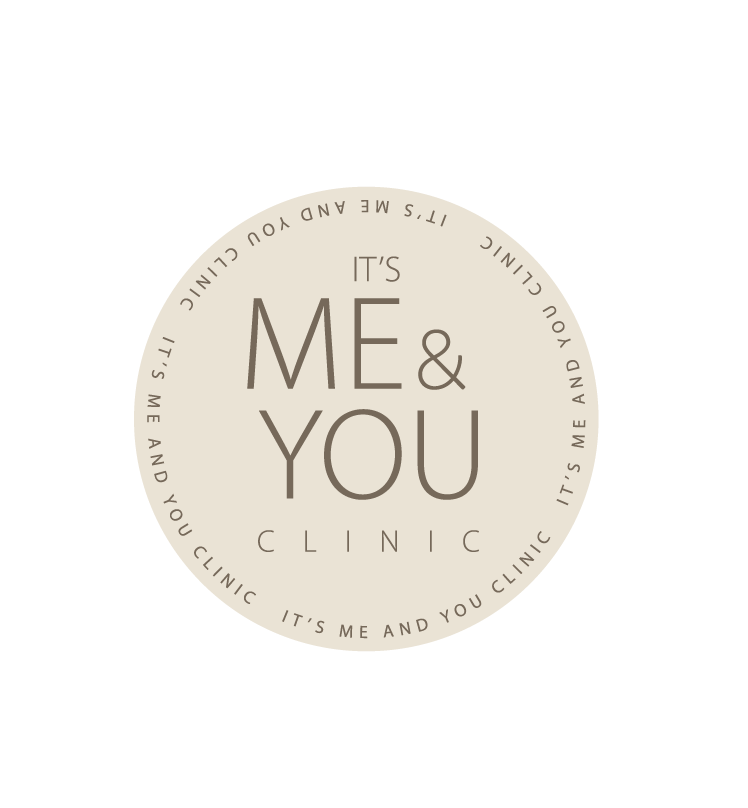Lip filler treatments have become increasingly popular for enhancing and rejuvenating one’s smile. While the procedure itself is relatively quick and straightforward, proper post-treatment care plays a crucial role in achieving the best results and minimizing potential side effects. One aspect of this care is paying attention to your diet in the days following the treatment. In this comprehensive guide, we’ll explore what to eat after lip fillers, including dietary recommendations and tips to support a smooth recovery and maximize the longevity of your results.
The Importance of Post-Treatment Nutrition
Before we dive into the specifics of what to eat, let’s understand why post-treatment nutrition matters when it comes to lip fillers. After the procedure, your lips may be sensitive, slightly swollen, and prone to bruising. A well-balanced diet can help:
Minimize Swelling
Certain foods can help reduce post-treatment swelling, allowing you to enjoy your results more quickly.
Speed Up Healing
Nutrient-rich foods can support the body’s natural healing processes, aiding in the recovery of any minor injection-related trauma.
Promote Skin Health
Proper nutrition supports overall skin health, helping your lips look their best after the treatment.
Prolong Results
A healthy diet can help maintain the longevity of your lip filler results by supporting collagen production and tissue health.
What To Eat After Lip Fillers
Hydrating Foods
Staying hydrated is essential for the healing process. Consume foods with high water content, such as watermelon, cucumber, and oranges.
Fruits and Vegetables
Incorporate a variety of colorful fruits and vegetables into your diet. They are rich in vitamins, minerals, and antioxidants that support healing and reduce inflammation.
Protein Sources
Protein is crucial for tissue repair and regeneration. Include lean sources of protein like chicken, fish, tofu, and legumes in your meals.
Healthy Fats
Omega-3 fatty acids, found in fatty fish (e.g., salmon), flaxseeds, and walnuts, have anti-inflammatory properties and promote skin health.
Vitamin C-Rich Foods
Vitamin C is known for its role in collagen production. Enjoy citrus fruits, strawberries, kiwi, and bell peppers to boost your vitamin C intake.
Leafy Greens
Leafy greens like spinach and kale are packed with vitamins and antioxidants that support overall skin health and reduce swelling.
Bone Broth
Bone broth is a collagen-rich beverage that can promote skin and tissue repair. It’s a soothing option, especially in the first few days after treatment.
Herbal Teas
Some herbal teas, such as chamomile and ginger, have anti-inflammatory properties and can help soothe any discomfort.
Fiber-Rich Foods
High-fiber foods like oats, whole grains, and beans can help prevent constipation, which is a common concern after lip fillers.
Supplements for Post-Lip Filler Recovery
While a balanced diet is essential for post-lip filler recovery, supplements can complement your nutritional intake and promote optimal healing and results.
Arnica Montana
Arnica is a popular supplement known for its potential to reduce bruising and swelling. It contains compounds that have anti-inflammatory properties. You can take Arnica Montana tablets or use topical Arnica gel as directed by your healthcare provider.
Bromelain
Bromelain is an enzyme found in pineapples known for its anti-inflammatory properties. It may help reduce post-treatment swelling and bruising. You can find Bromelain supplements in health food stores or online.
Vitamin K
Vitamin K plays a crucial role in blood clotting and may help minimize bruising after lip fillers. You can obtain Vitamin K through dietary sources like leafy greens or opt for supplements if recommended by your healthcare provider.
Vitamin C
Vitamin C is essential for collagen production, which can aid in the healing process. While it’s readily available in fruits and vegetables, supplements can be considered to boost your intake if necessary.
Turmeric or Curcumin
Turmeric contains curcumin, a compound with strong anti-inflammatory properties. Supplements like curcumin capsules or turmeric tea may help reduce swelling and discomfort.
Omega-3 Fatty Acids
Omega-3 fatty acids, commonly found in fish oil supplements, have anti-inflammatory effects. They can promote overall skin health and reduce inflammation associated with lip fillers.
Zinc
Zinc is vital for wound healing and tissue repair. Adequate zinc intake can support the body’s natural healing processes. You can find zinc supplements at most pharmacies.
Hyaluronic Acid Supplements
Hyaluronic acid is a key component of many lip fillers. Taking hyaluronic acid supplements may support skin hydration and overall skin health. Consult with your healthcare provider before adding these supplements to your regimen.
Collagen Supplements
Collagen is essential for skin elasticity and structure. Collagen supplements may promote skin health and aid in the recovery of the treated area. Discuss collagen supplement options with your healthcare provider.
Foods and Beverages to Avoid
Just as important as knowing what to eat is understanding what to avoid after lip fillers:
Alcohol
Avoid alcohol for at least 24-48 hours after your treatment, as it can increase the risk of bruising and swelling.
Spicy Foods
Spicy foods can potentially irritate the injection sites, so it’s best to steer clear of them in the days following the procedure.
Hot Beverages
Extremely hot beverages can also exacerbate swelling and discomfort. Opt for lukewarm or cold drinks.
Straws
Using straws can create suction in your mouth, which may disrupt the settling of the filler. Sip your beverages directly instead.
Tips for a Smooth Recovery
To ensure a smooth recovery after lip fillers, consider the following tips:
Stay Hydrated
Drink plenty of water to keep your body and skin hydrated.
Avoid Heat and Sun Exposure
Excessive heat and sun exposure can worsen swelling. Stay cool and wear sunscreen when outdoors.
Follow Post-Treatment Instructions
Adhere to any post-treatment instructions provided by your injector, including skincare and medication recommendations.
Limit Physical Activity
Avoid strenuous exercise for a few days to reduce the risk of swelling.
Manage Pain and Discomfort
Over-the-counter pain relievers can help manage any discomfort. Consult with your injector before taking any medication.
Sleep with Your Head Elevated
Sleeping with your head elevated can minimize swelling.
Consult Your Injector
If you have any concerns or experience unusual side effects, don’t hesitate to reach out to your injector for guidance.
Conclusion
Proper post-treatment nutrition plays a vital role in the recovery process after lip fillers. By choosing the right foods and following these guidelines, you can support healing, minimize swelling, and enjoy optimal results. Remember that individual responses to lip fillers may vary, so it’s essential to consult with your injector for personalized post-treatment care recommendations.
- The Truth About Lip Filler Swelling: A Comprehensive Guide - February 21, 2024
- The Healing Touch: When to Begin Lip Massage After Fillers - February 21, 2024
- Lip Fillers: The Surprising Reason Why You Need to Hold Off on Smooching - February 21, 2024

